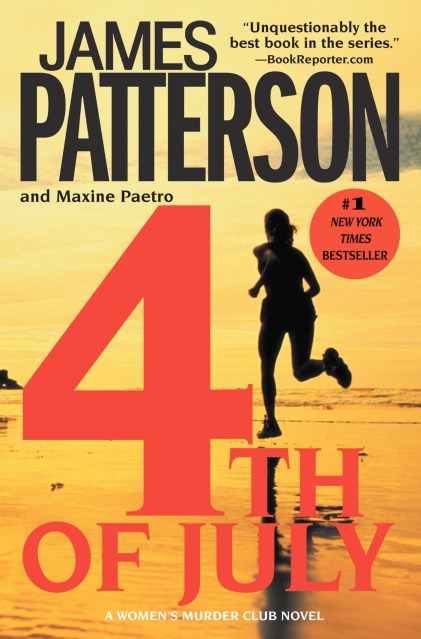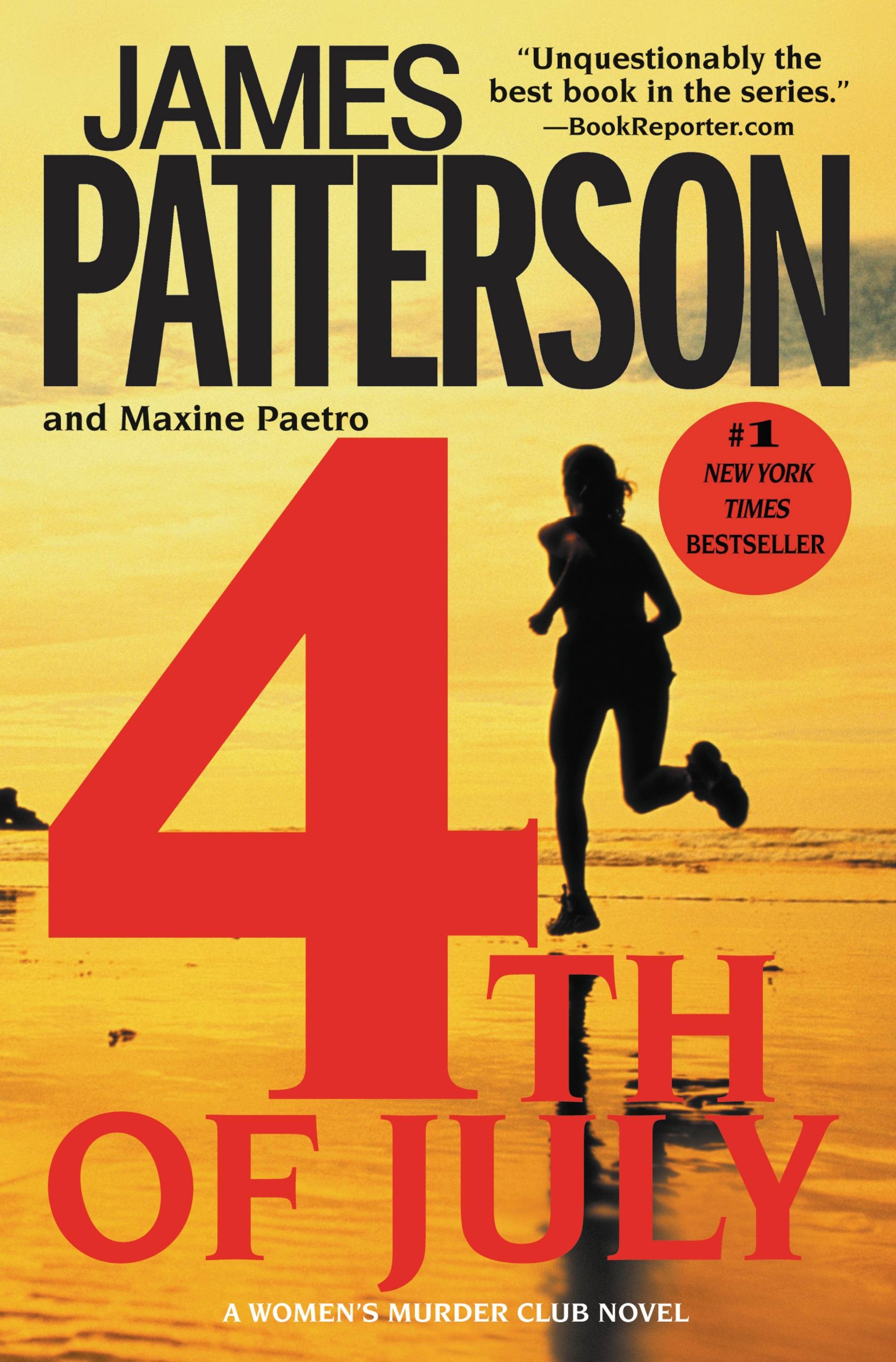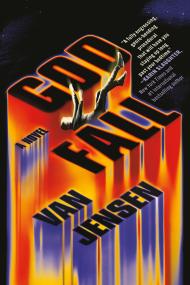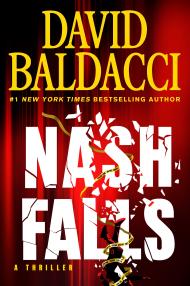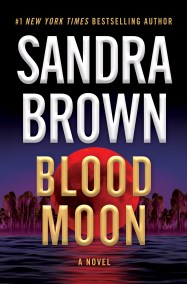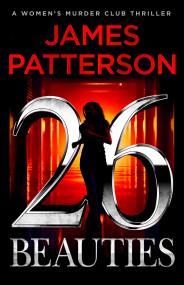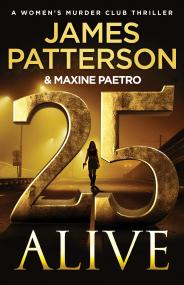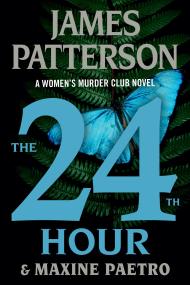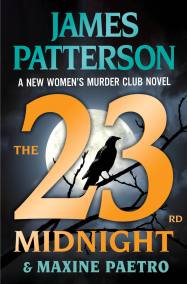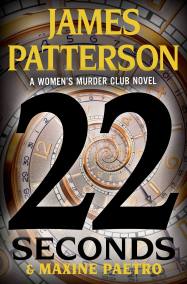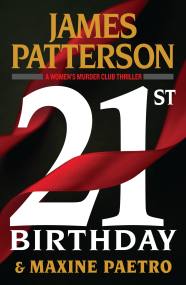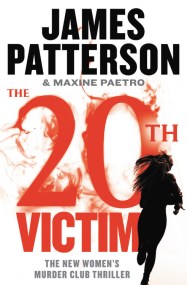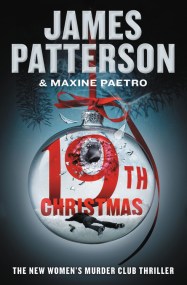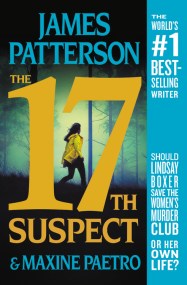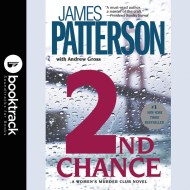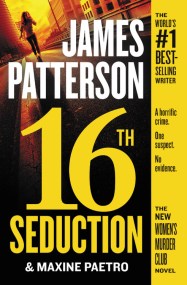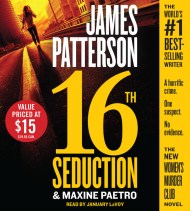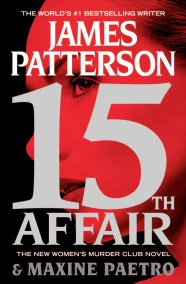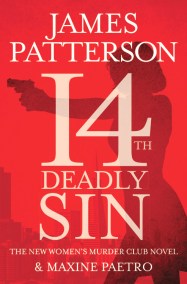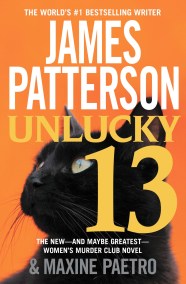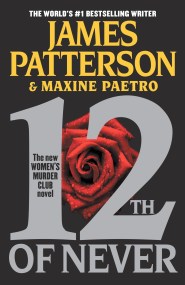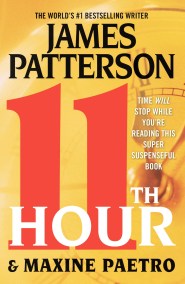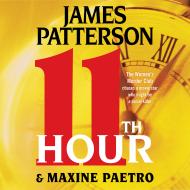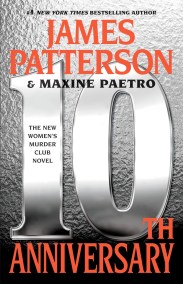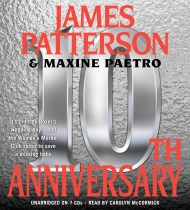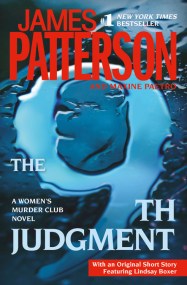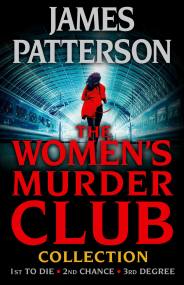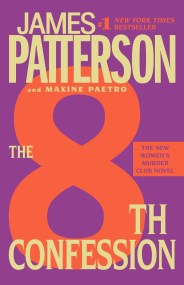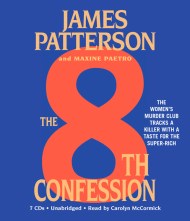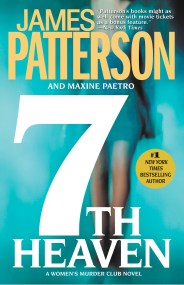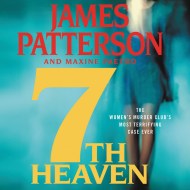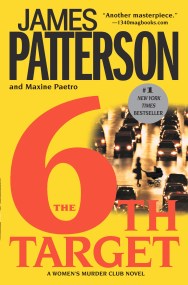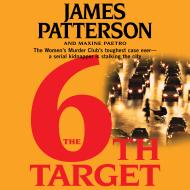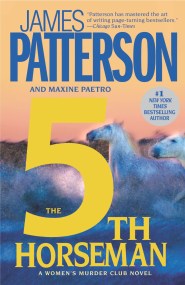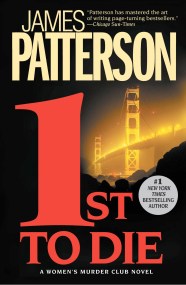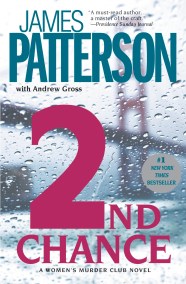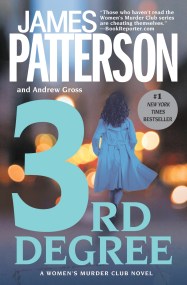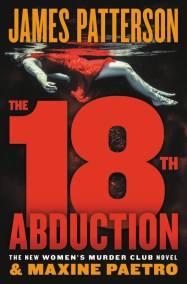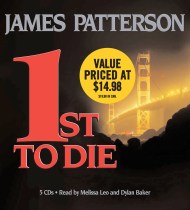By clicking “Accept,” you agree to the use of cookies and similar technologies on your device as set forth in our Cookie Policy and our Privacy Policy. Please note that certain cookies are essential for this website to function properly and do not require user consent to be deployed.
4th of July
Contributors
By Maxine Paetro
Formats and Prices
- On Sale
- Jul 1, 2008
- Page Count
- 400 pages
- Publisher
- Grand Central Publishing
- ISBN-13
- 9780446179669
Price
$19.99Price
$25.99 CADFormat
Format:
This item is a preorder. Your payment method will be charged immediately, and the product is expected to ship on or around July 1, 2008. This date is subject to change due to shipping delays beyond our control.
Buy from Other Retailers:
In a deadly late-night showdown, San Francisco police lieutenant Lindsay Boxer fires her weapon and sets off a dramatic chain of events that leaves a police force disgraced, a family destroyed, and Lindsay herself at the mercy of twelve jurors.
During a break in the trial, she retreats to a picturesque town that is reeling from a string of grisly murders—crimes that bear a link to a haunting, unsolved case from her rookie years.
Now, with her friends in the Women’s Murder Club, Lindsay must battle for her life on two fronts: in a trial rushing to a climax, and against an unknown adversary willing to do anything to hide the truth about the homicides—including kill again?
Newsletter Signup
By clicking ‘Sign Up,’ I acknowledge that I have read and agree to Hachette Book Group’s Privacy Policy and Terms of Use
